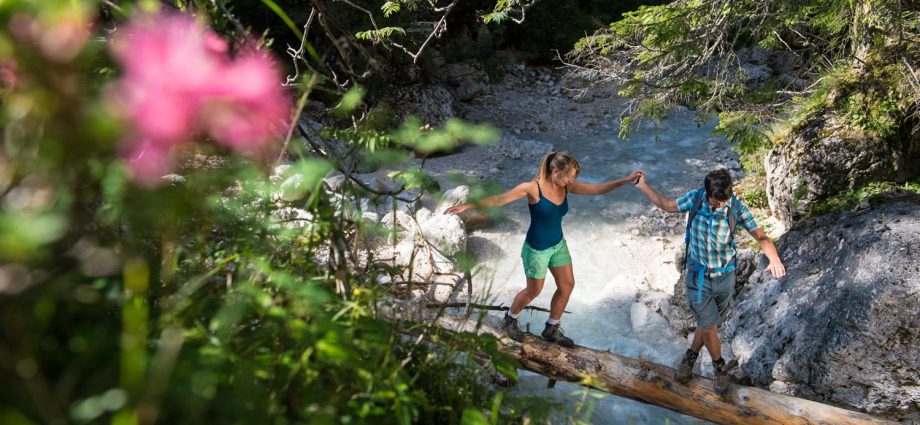Hiking is a great way to improve your overall physical health. If a sense of accomplishment is important to you, consider challenging yourself with longer hikes and trails that offer greater elevation gains or distances.
Certain hiking trails also feature historic and cultural significance that can offer a deeper appreciation for your surroundings. Researching these features may help you decide which trails best match your interests.
Easy Walks
One of the best hiking trails for beginners is a simple out-and-back hike. Shaped like a lollipop, this trail starts at one point and then loops around before returning to the starting point.
Choosing the right gear is also essential for beginner hikers. Look for wicking workout clothes that won’t get heavy and chafe as you sweat. Long pants are better than shorts for keeping your legs from getting scraped up on the bushes along the trail.
Remember to let someone know where you’re hiking and when you’ll be back. It’s a good idea to carry a personal locator beacon (PLB) for hiking in remote locations. And always stay on the trail to minimize your risk of falling rock hazards or stepping on poisonous wildlife.
Moderate Walks
This hiking level is for hikers who have a decent amount of physical fitness. Hikes are often moderate in length with modest elevation changes. No previous hiking experience is required for walks of this level.
Typical out-and-back hikes will fall into this category, or loop hikes (where you go one way and then come back the other). You can expect some tree roots and rocks but no major scrambling.
If you are new to hiking, make sure to wear comfortable, wicking workout clothes that won’t chafe when wet or sweaty. You also want to ensure you have the right gear, like the Ten Essentials: items for navigation, sun protection, first aid, fire, food and water. It’s also a good idea to carry a personal locator beacon (PLB).
Intermediate Walks
The easiest hikes are called “walks.” They are suitable for hikers of all ages who are in reasonable physical condition. They usually involve less than 10 kilometers in distance and 500 meters of elevation. They are mainly guided over well-maintained hiking trails with some flat and easy sections.
Intermediate hikes require a higher level of hiking experience, and some degree of fitness. They are mainly guided over hiking trails with some moderate elevation gain, and offer a range of unique rewards.
Hiking is not a sport to be taken lightly, especially when it involves walking for longer distances over uneven terrain. Always be prepared with the proper gear and know your limits. It is a good idea to let someone know where you are going and when you are expected back.
Long Walks
If you are planning on walking a long-distance trail it is important to be fit and plan ahead. While no one wants to start a trek in less than optimal shape, you don’t have to be a fitness freak or health hero to complete most long walks if you train properly.
A good training regime will include regularly increasing your walk duration, distance and ascent. It is also a good idea to fit in at least 1 overnight test walk with your backpack before you go on your big trek.
Many people report mental health benefits from regular hiking. This is often because of the escapism and sense of achievement – such as finishing a long hike, or bagging some peak that you previously thought impossible.
Epic Treks
In order to complete an epic trek, you’ll need to hone your skills. You’ll need to be able to withstand long, challenging days and weeks on the trail, which can often involve climbing steep, uneven ground.
You’ll also need to acclimate to the thin air of high altitudes. For this reason, it’s best to start training on acclimating routes and gradually increase the distance you cover in your hikes.
It’s also unlikely you’ll have ten straight days of perfect weather on your epic trek, so prepare for all conditions by practicing on trails with varying weather. Lastly, don’t forget your hiking poles, which can take some pressure off of your knees on the downs and offer extra support during climbs.

